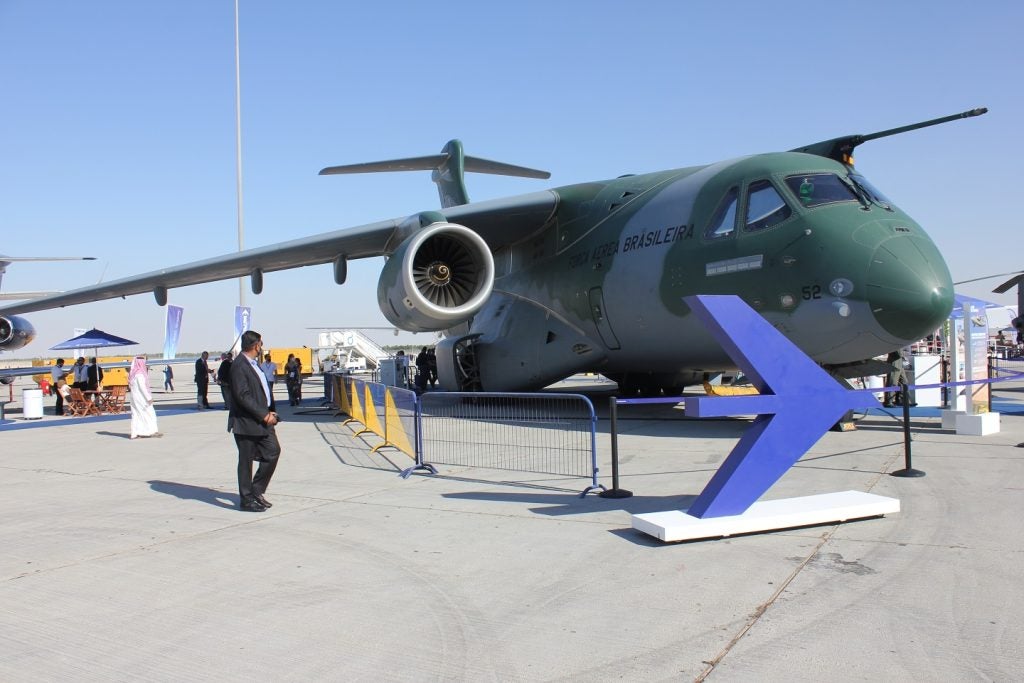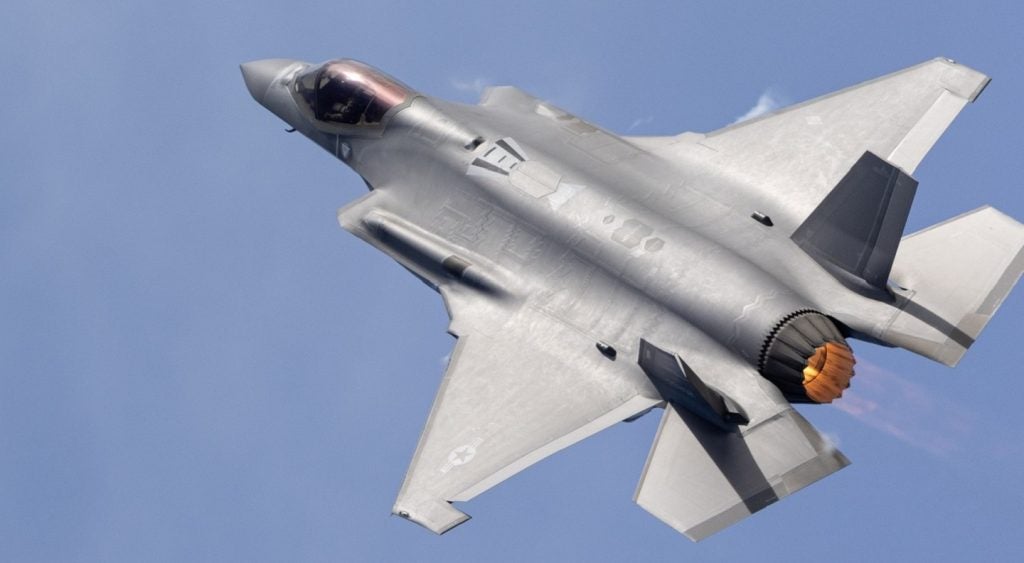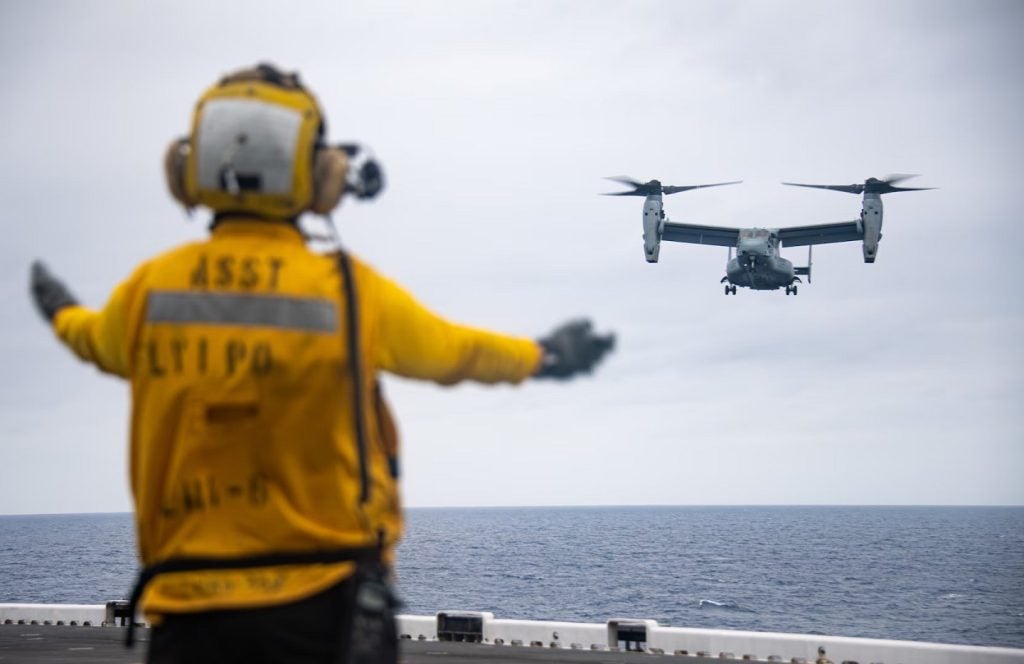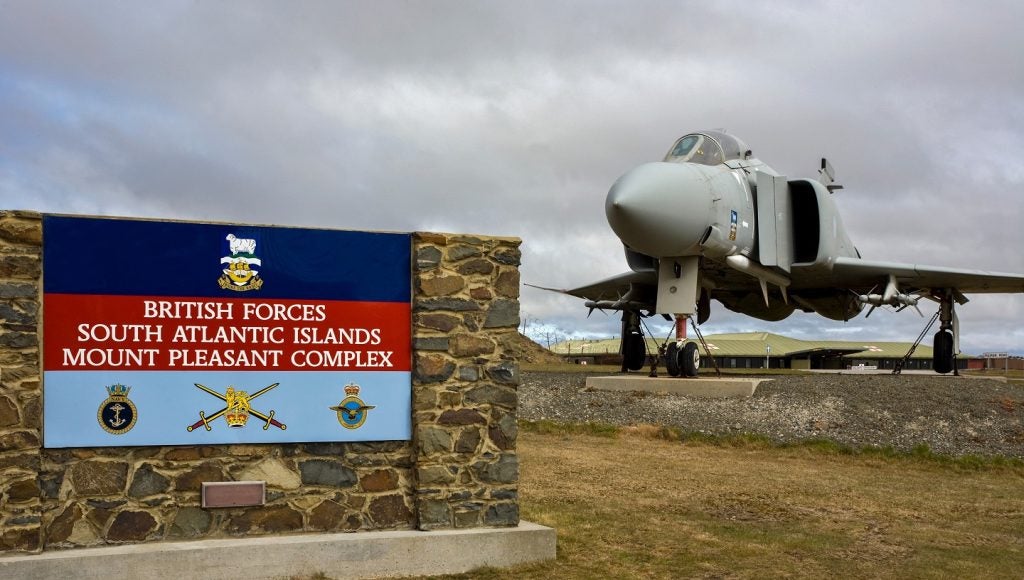Raytheon has successfully completed the flight test phase of the Defense Advanced Research Projects Agency (DARPA)’s persistent close air support (PCAS) programme.
The PCAS programme seeks development of software that could enable ground troops to receive close air support sooner through improvement in coordination among joint terminal attack controllers (JTAC), airborne sensors and weapons.
Raytheon Advanced Missile Systems vice-president Tom Bussing said: The PCAS program was able to reduce close air support response times from nearly one hour to less than six minutes."
"By speeding critical information to decision makers, PCAS could save lives in the battlespace."
The PCAS system is designed to be platform-, digital radio-, sensor-, and weapons-class agnostic, and to be portable from platform to platform, Raytheon Stated.
See Also:
The main parts of the system are PCAS-Air and PCAS-Ground, which are consists of smart launcher electronics as well as a pilot tablet, and the equipment used by the JTAC respectively.
How well do you really know your competitors?
Access the most comprehensive Company Profiles on the market, powered by GlobalData. Save hours of research. Gain competitive edge.

Thank you!
Your download email will arrive shortly
Not ready to buy yet? Download a free sample
We are confident about the unique quality of our Company Profiles. However, we want you to make the most beneficial decision for your business, so we offer a free sample that you can download by submitting the below form
By GlobalDataLaunched by DARPA in July 2010, the four-and-a-half year programme is being executed in three phases.
In March, the program demonstrated end-to-end, fully digital weapons release of a Griffin missile from a modified MV-22 Osprey tiltrotor aircraft.
In another development, an A-10C Thunderbolt II attack aircraft and a joint terminal attack controller (JTAC) on the ground, both feature PCAS capabilities, successfully employed 10 GPS- and laser-guided weapons in a second series of flight tests in May this year.
Raytheon serves as the systems integrator for PCAS, and leads an industry team comprising Rockwell Collins, General Electric, BAE Systems and 5-D Systems.
Currently, DARPA is focusing on transitioning PCAS technology demonstrated on both the A-10C and the MV-22 to different military platforms.







